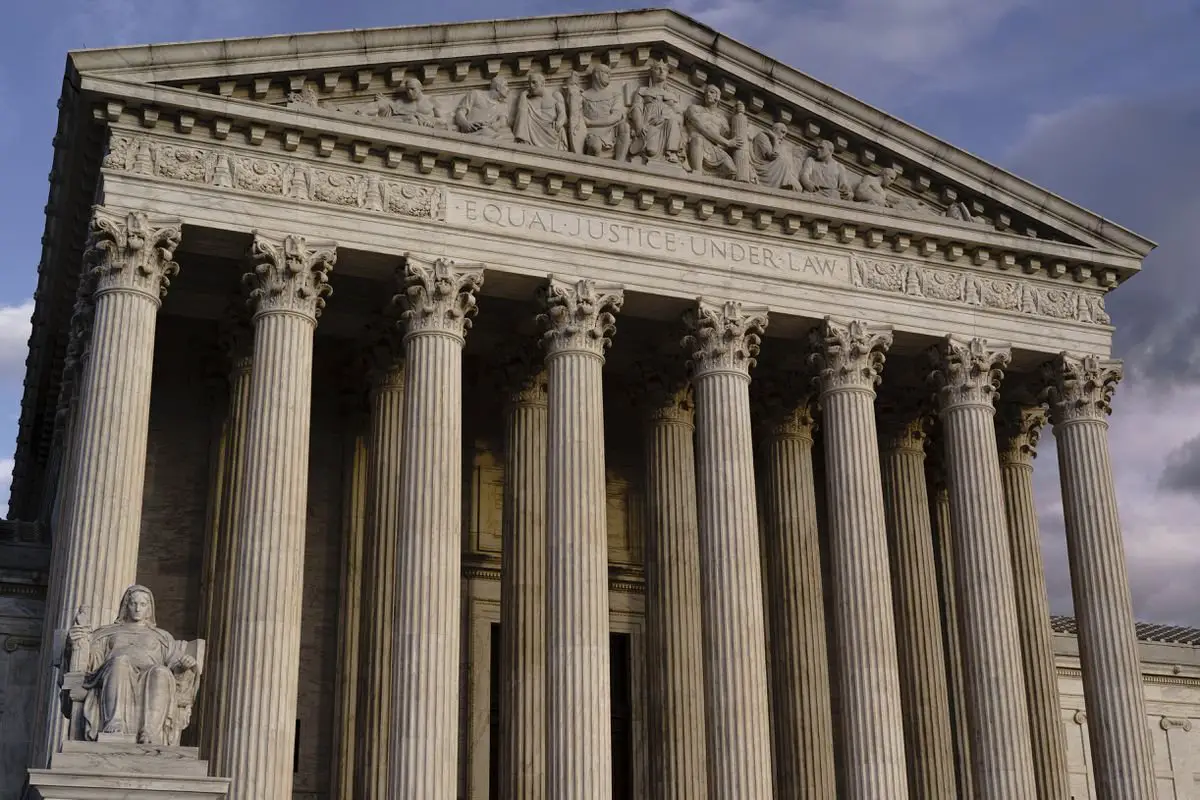Despite the cases being taken up in an emergency capacity, which often relies solely on legal briefs and dispels with open court oral arguments, the Supreme Court will spend time today hearing from both sides on two parts of President Biden’s Covid-19 vaccine mandates.
The first question is over OSHA’s authority to enforce a vaccine mandate on private employers with more than 100 employees. This portion impacts some 80+ million Americans would who would be directly affected.
The existing OSHA statutes, which are the basis for Biden’s dubious private employer mandate, were never intended for such broad interpretation or overreach:
MSNBC anchor Stephanie Ruhle called OSHA’s mandate “the ultimate work-around for the Federal govt to require vaccinations.” White House Chief of Staff Ron Klain retweeted Ruhle’s comment, reinforcing the impression that the rule aims to reduce the overall impact of COVID-19 by pressuring Americans to get vaccinated.
But OSHA has no such authority. Officially, its rule is an “emergency temporary standard” that is “necessary” to protect employees from a “grave danger” in the workplace.
That characterization, if accepted by the courts, allows OSHA to exercise the sort of public-health powers that are ordinarily reserved to the states. It also allows the agency to issue regulations that take effect immediately, without the notice, public comments and hearings that are usually required.
It’s very possible the OSHA-enforced private employer mandate could be struck down, simply on the grounds that the President does not have the authority under existing law to impose such a requirement. The Court has been unsympathetic to challengers of state and local vaccine mandates but has not weighed in specifically on these larger federal mandates.
The second case being argued today revolves around the Biden vaccine mandate specifically on healthcare workers being imposed through programs like Medicare and Medicaid. Like the private employer mandate, the healthcare worker mandate was halted by lower courts as well, with some split decisions along the way:
The mandate covers workers at federally funded health care facilities and was set to take effect on Dec. 6. Workers had until Jan. 4 to be fully vaccinated or to exercise limited exemptions.
Earlier this week, the U.S. 5th Circuit Court of Appeals ruled that the mandate could proceed in roughly half the country, while saying 24 states that challenged it were not subject to the rule.
In its applications Thursday, the Department of Justice asked the Supreme Court to stop two injunctions on the mandate that were issued by the U.S. district courts for the Western District of Louisiana and for the Eastern District of Missouri.
DOJ argued that requiring vaccinations was necessary as the country recorded more than 800,000 deaths from Covid-19 and with 1,300 dying per day. The department also cited the emergence of the highly transmissible Omicron strain.
It’s hard to predict where the Court will land on either of these cases. It’s possible there could be a split decision with the healthcare worker mandate being upheld, and the private employer mandate being tossed. It’s also possible both could be tossed, or upheld.
Justices on all ends of the spectrum have tended to land on the side of allowing local and state mandates to proceed, but those exist under a different set of laws. The question of whether the President of the United States, using a federal agency created for workplace safety, can forcibly impose a vaccine mandate or testing requirement on 80+ million private citizens is another question entirely.
A decision is expected sometime in the coming days or weeks at the most given the urgent nature of the proceedings.
Donate Now to Support Election Central
- Help defend independent journalism
- Directly support this website and our efforts
